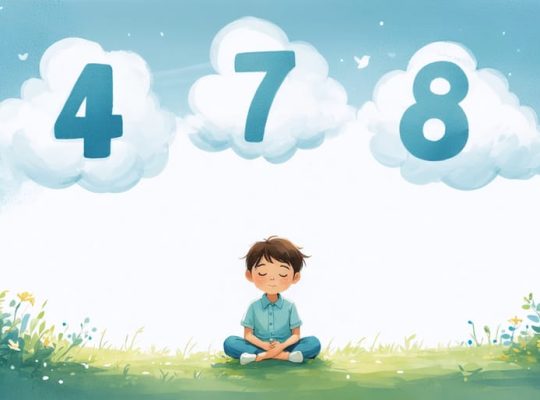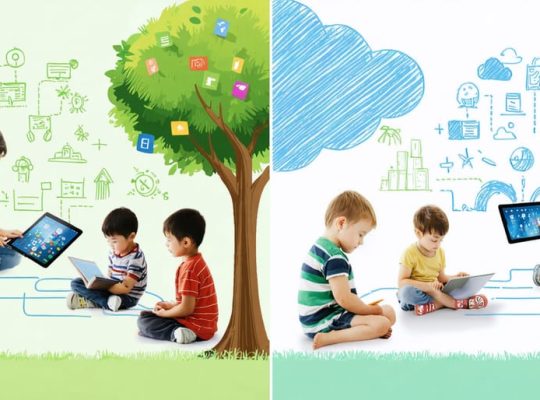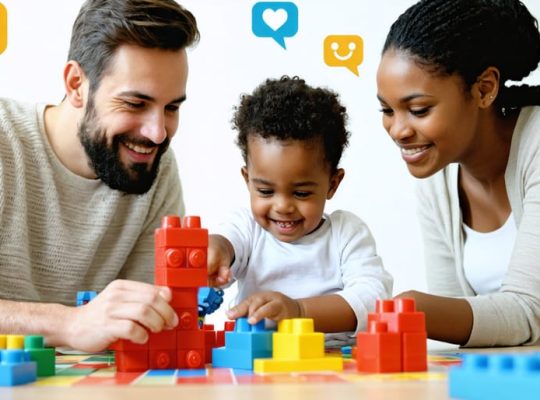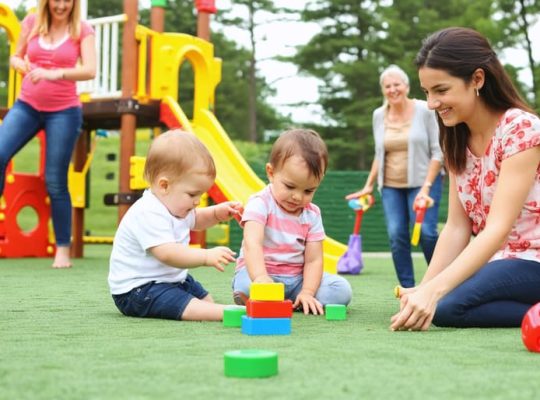Help Your Child Build Strong Friendships (A Parent’s Roadmap to Social Success)
Developing strong peer social skills fundamentally shapes a child’s mental well-being and future relationships. When children master the art of peer interaction, they build confidence, empathy, and lasting friendships that serve them throughout life. Yet in today’s increasingly digital world, many young people struggle to develop these essential social capabilities naturally.
Recent research reveals that children with strong peer social skills are 60% more likely to succeed …










